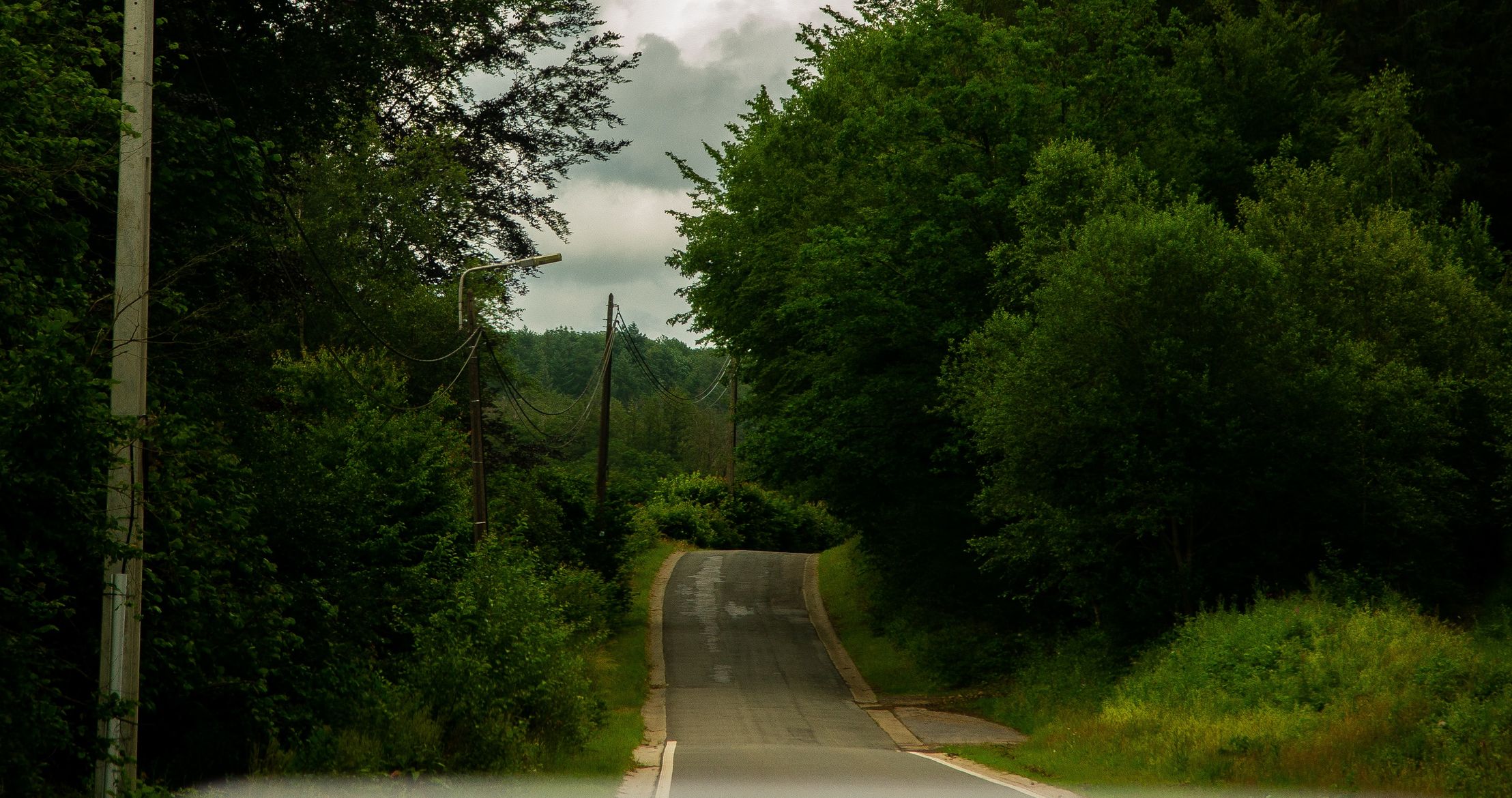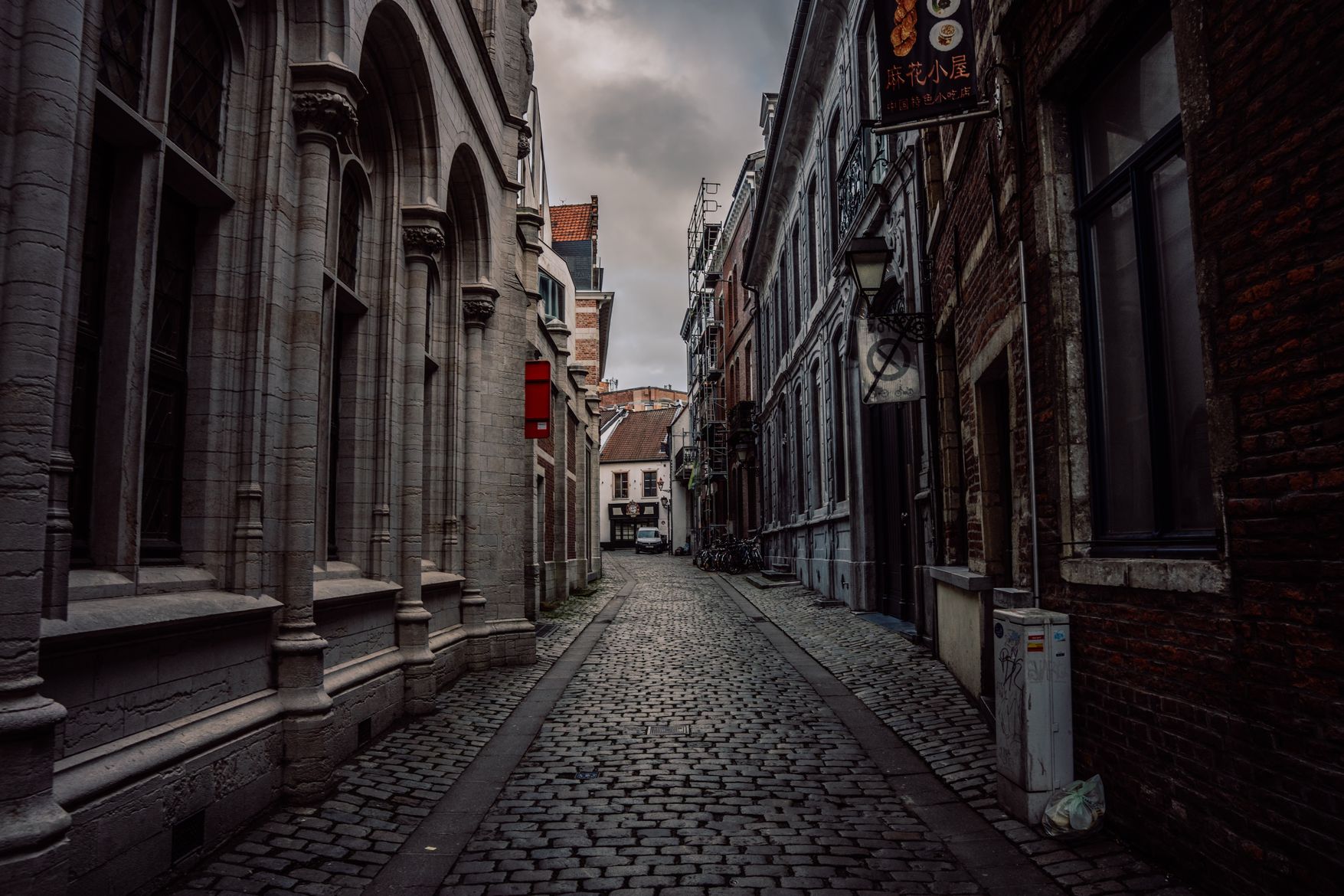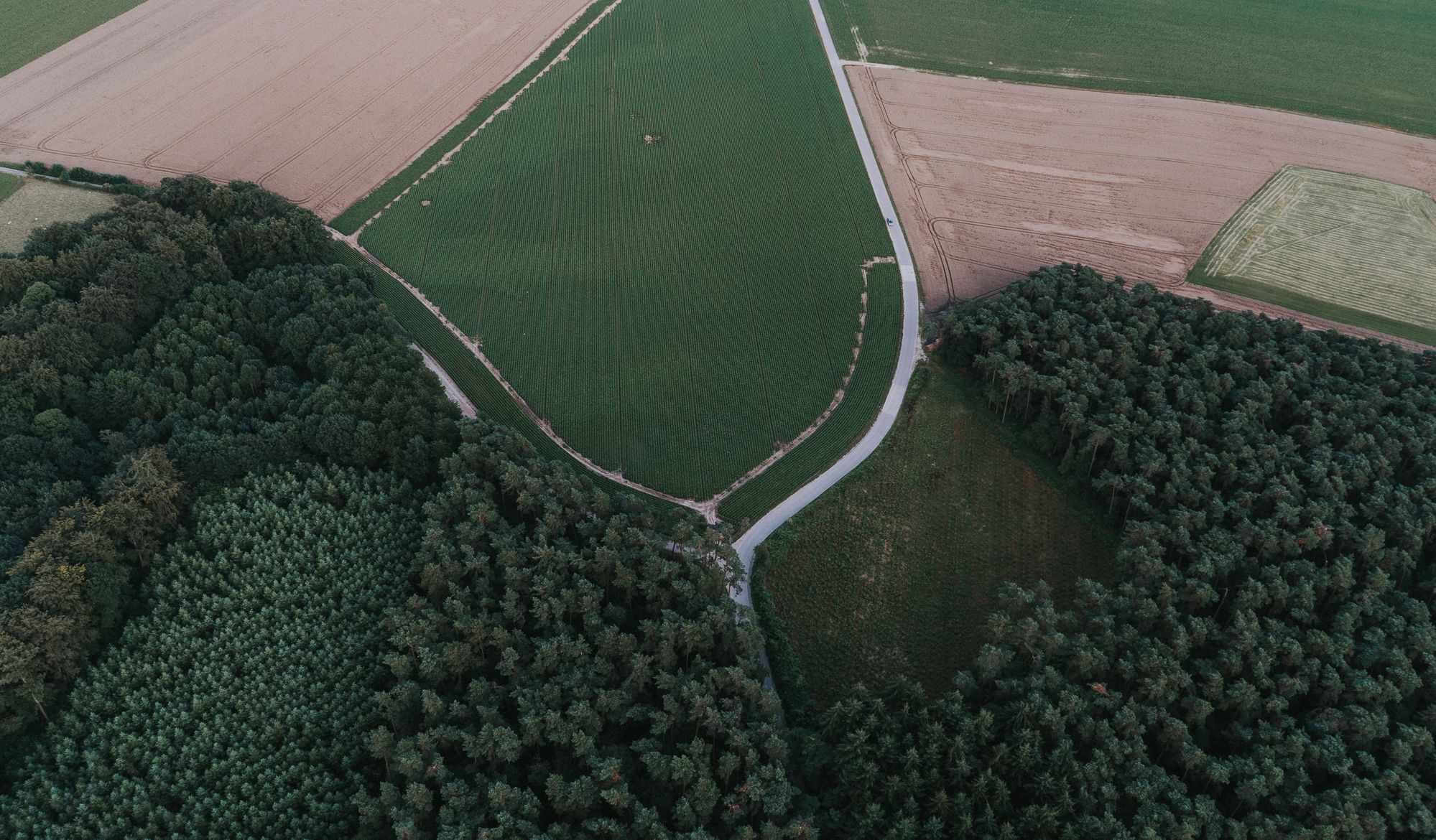Belgium Traffic Guide
By car through Belgium
Belgium, as the headquarters of the EU, is not only significant for politics but also a popular holiday destination for visitors from all over Europe. Besides the capital city, Brussels, and other major cities like Ghent and Antwerp, the country's smaller towns are particularly worth visiting. Since public transport is not optimal outside the major cities, considering a road trip through Belgium might be a good idea.
In this guide, you will learn more about the traffic rules in Belgium. Additionally, we will examine whether the roads in Belgium truly deserve their bad reputation and which type of vehicle propulsion is best suited for traveling around the country.
Overview of Belgium's traffic rules
- Driving is permitted in Belgium from the age of 18 with a valid EU driver's license.
- Traffic drives on the right side of the road in Belgium.
- Within built-up areas, the maximum speed limit in Belgium is 50 km/h. In Brussels and where signs indicate, the speed limit drops to 30 km/h.
- Outside built-up areas, speed limits vary by region. In Wallonia, in the south of the country, the speed limit outside urban areas is up to 90 km/h. In Flanders, in the north of Belgium, the speed limit is 70 km/h.
- On motorways and expressways, the maximum speed limit is 120 km/h.
- In Belgium, seat belts must be worn by all car occupants, mobile phone use by the driver is prohibited, and headlights must be on at all times. Radar detectors are not allowed.
- A warning triangle and a first aid kit must be carried in the vehicle. While there is technically no requirement to carry a high-visibility vest, it is strongly recommended since you must wear one if you leave the vehicle in the event of a breakdown.
- All drivers must not exceed a blood alcohol content of 0.5‰.
- Trams always have right of way in Belgium.
- Smoking is prohibited in a vehicle if a person under 18 is present.
- No-parking zones in Belgium are marked by yellow lines at the curb or on the roadside.
Driving in Belgium
The roads in Belgium
The road conditions in Belgium are notoriously infamous across Europe. Compared to neighboring countries such as the Netherlands, the overall condition of the roads in Belgium is significantly worse. Especially in rural areas, you should expect to encounter deep potholes and cracks in the asphalt.

Although Belgium's motorway network is not as extensive as in other Western European countries, this contributes to a slightly increased risk of accidents and more frequent traffic jams. Additionally, Belgian drivers are known for their chaotic driving style.
However, taking these factors into account, it is still quite feasible to travel efficiently from point A to point B in Belgium. The country is predominantly accessible by road, and the road network is relatively dense. This means that you can reach any destination by car, although the journey may not always be particularly fast or comfortable.
Petrol stations and charging points
Petrol and diesel: The network of petrol stations in Belgium is very well developed, although fuel prices are relatively high. Most petrol stations are open on weekdays until 8 PM. Along motorways and busy roads, you can also find stations that are open 24/7.

Electric cars: The charging network for electric vehicles in Belgium is still expanding but is already quite dense, especially in the north and in major cities. In contrast, the southern part of the country still has significant room for development.
As in most countries in Europe, you should plan trips with an electric car thoroughly and research charging options along your route in advance. With proper planning, you should not run into issues with running out of charge in Belgium.
Hydrogen cars: There are approximately five to ten hydrogen filling stations in Belgium, mostly located along the motorways. You can also refuel your hydrogen vehicle in cities like Brussels and Antwerp.
Rental car or own car?
Belgium is centrally located in Western Europe and is easily accessible by car via various motorways. If you are entering with your own vehicle from an EU country, you generally do not need any additional documents beyond the usual vehicle papers. However, carrying an International Insurance Card is still recommended, as it is necessary for settling insurance matters in case of an accident.
Alternatively, you can rent a car from one of the numerous rental agencies in major cities or at airports throughout Belgium. To rent a car, most providers require you to be at least 21 years old and to have held your driver's license for more than 12 months.
Fines
For violations of traffic regulations, the police in Belgium can demand payment of fines on the spot. If someone refuses to pay the fine immediately, they must deposit a security and should also expect that the fine can be enforced beyond the borders of Belgium.

Excerpt from the fine catalog:
- Speeding (10 km/h over the limit): from 50 Euros (approx. £43)
- Speeding (30 km/h or more over the limit): from 300 Euros (approx. £256) (higher fines and imprisonment possible)
- Violation of the seatbelt requirement: from 110 Euros (approx. £94)
- Drinking and driving: from 179 Euros (approx. £153)
- Red light violation: 150 Euros (approx. £128)
- Using a mobile phone while driving: from 110 Euros (approx. £94)
Conclusion: Is Belgium's road reputation justified?
Driving in Belgium is not always easy due to the road conditions, but it is worth it if you want to fully explore the country. Those who drive cautiously will progress smoothly both with their own vehicle and with a rental car. Belgium is also suitable for drivers of electric and hydrogen cars.
► Here you can find more information about the toll regulations in Belgium to be optimally prepared for your trip.






